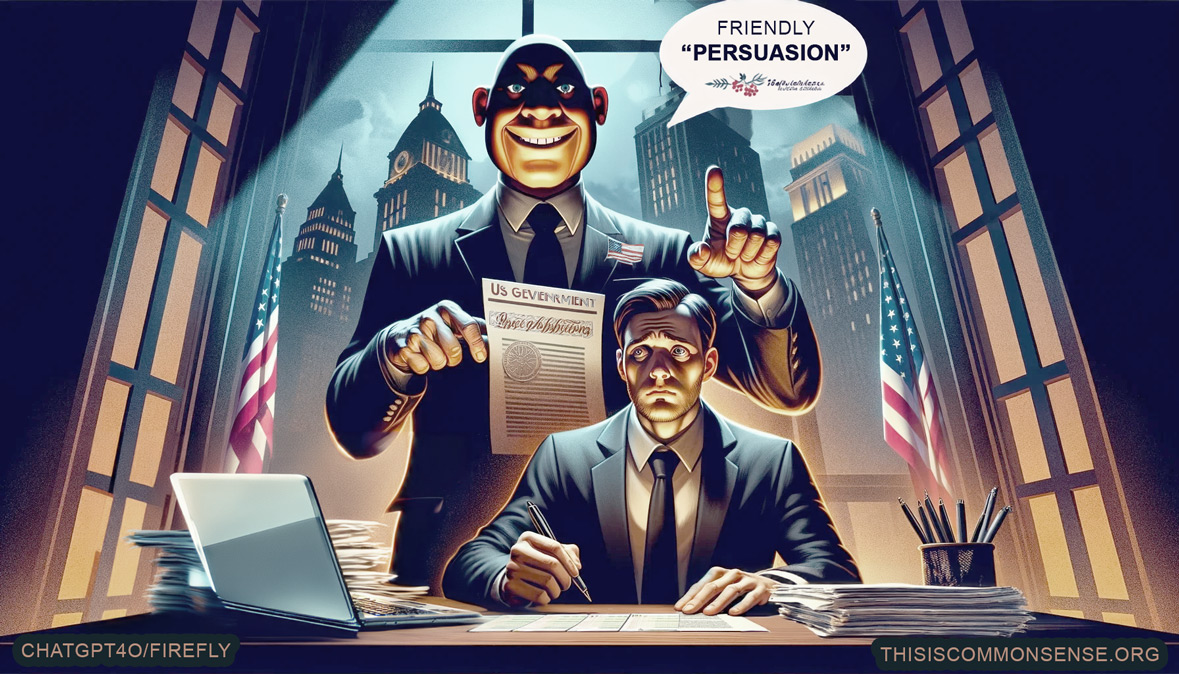Should government regulators be able to urge financial institutions to cancel clients that regulators dislike for political reasons? Such as oil companies and groups advocating Second Amendment rights?
Although a court of appeals has said Yes, the Supreme Court has just said Maybe No in a case involving the National Rifle Association (NRA v. Vullo).
The NRA hasn’t won final victory. But the court is unanimously letting it proceed with its lawsuit, which argues that by pressuring banks and insurance companies to cancel their business with the NRA, New York regulator Maria Vullo violated its freedom of speech.
The Supreme Court seems to accept an artificial distinction, though, between a regulator’s “persuading” an organization to hurt a client and “forcing” it to do so.
An official with power over a company who seeks as a government official to “persuade” that company to do something is engaging in coercion. The implicit threat is: “I have the power to hurt you if you don’t do this little favor for me.”
Moreover, in sending the case back to the lower court, the Supreme Court has also said that it may consider whether Ms. Vullo is protected by qualified immunity, the get-away-with-anything card that government officials are too often able to rely on when they commit wrongdoing.
So this decision is hardly a final, definitive victory for the NRA and other victims of thug-regulators. But at least the NRA can keep fighting — for itself and the rest of us.
This is Common Sense. I’m Paul Jacob.
Illustration created with ChatGPT 4o and Firefly
See all recent commentary
(simplified and organized)
See recent popular posts

One reply on “Regulatory Pressure?”
Qualified immunity was summoned by the Supreme Court itself, not from the text of the US Constitution but from the desires of Justices — themselves very much participants in the state — for the existence of such immunity. Well, the b_st_rds who summoned the institution are dead; skepticism about the whole business is increasing amongst activists and amongst judges; and maybe — just maybe — some of the Justices now on the Court are welcoming an opportunity to begin paring-away at that abomination.